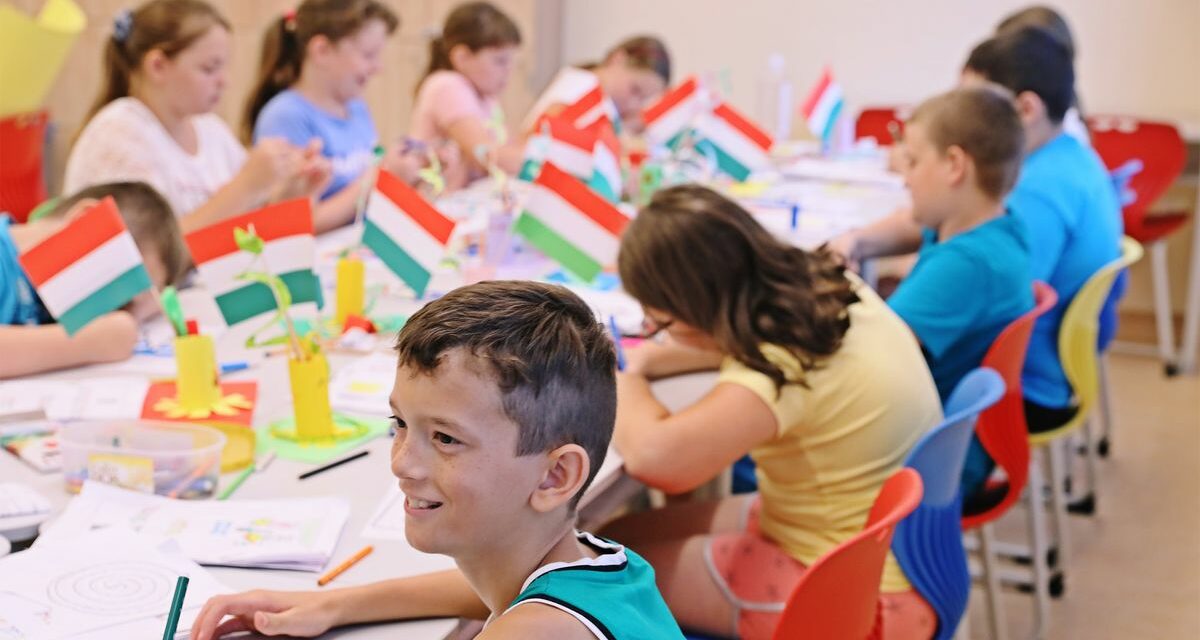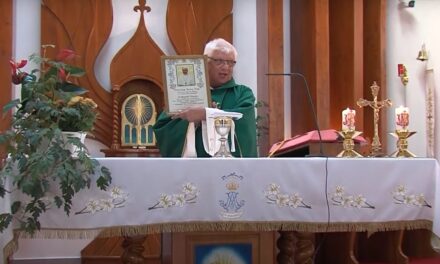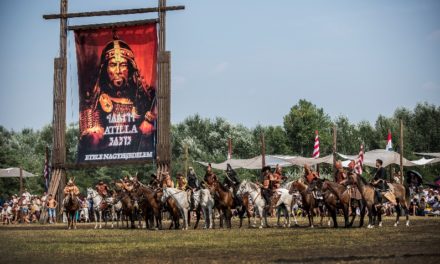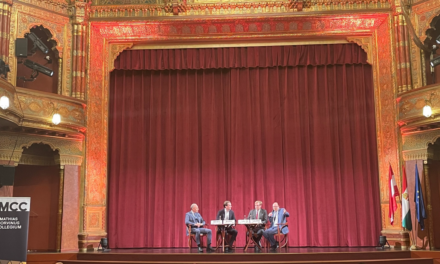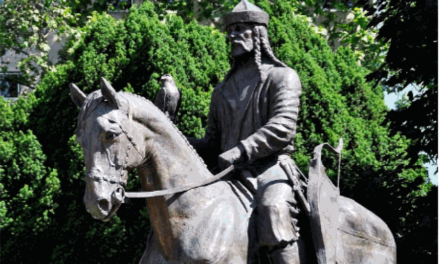Third- and fourth-grade students from the Magyar-inhabited settlements of West Bácska spend five days a year in Baja, at the camp of the Rákóczi Association, where the most important thing for the children, in addition to nurturing their mother tongue and joint activities, is to make new friends. We also visited this year's twenty-first camp.
The Szent László General Education Center in Baja is full of children's noise even during the summer holidays. In the various halls, there are people who are making a Hungarian flag in the handicraft sessions, others are learning how to weave, and several people are playing ping-pong in the hall. The approximately fifty students came from Gombos, Bácskertes, Zombor, Bezdán, Kula, Nemesmilitics and Bácsgyulafalva.
Zoltán Maruzsa, the state secretary responsible for public education, took part in the organization of the Rákóczi Association's programs and first camp with Mária - who has since become his wife - while still a university student. Their daughters accompany them from a young age, and the older ones already help in organizing the sessions.
Already at that time, the association had several camps aimed primarily at young people from the Highlands and Subcarpathians, which focused on one region each. We started from here and organized a camp focusing on West Bácská, which has since then brought together the Hungarians around Zombor by inviting the students of the Hungarian-language schools of the localities to Baja. The world opens up for them at this time, because there are classes where only three or four children study, and some have never been to Hungary before, says the state secretary.
In the mother-tongue camp, the teachers give the children tasks to develop the Hungarian language, and every year they prepare a story or a fairy tale, which they perform as a play on the last night. In addition to language skills, this also develops group work. Campers can also take part in folk dance lessons, but they can also go archery, discover the beauty of the city of Baja, and take a dip in the warm weather in nearby Sugovica.
The organizers also place a lot of emphasis on talent management, and Anna Csizmadia, who won the talent search competition Fölszállott a páva in 2012, performed here in front of a larger community. The children are now talking with great enthusiasm about a boy named Tristan, who dazzled them with his voice.
According to tradition, Baja fish soup is prepared on the last night, which everyone loves, so the campers also enjoy snacking on it. In such cases, of course, the children's disco cannot be missed after the performance, which both boys and girls look forward to. There will also be a camp next year, as the initiative of the Rákóczi Association is popular not only among young people from Transylvania, Subcarpathia and the Highlands - who can camp in Sátoraljaújhely - but also among the people of Vojvodina, and this year even those whose parents had previously camped here have come to Baja .
Source and full article: Magyar Nemzet
Featured image: Máté Bach/MN

